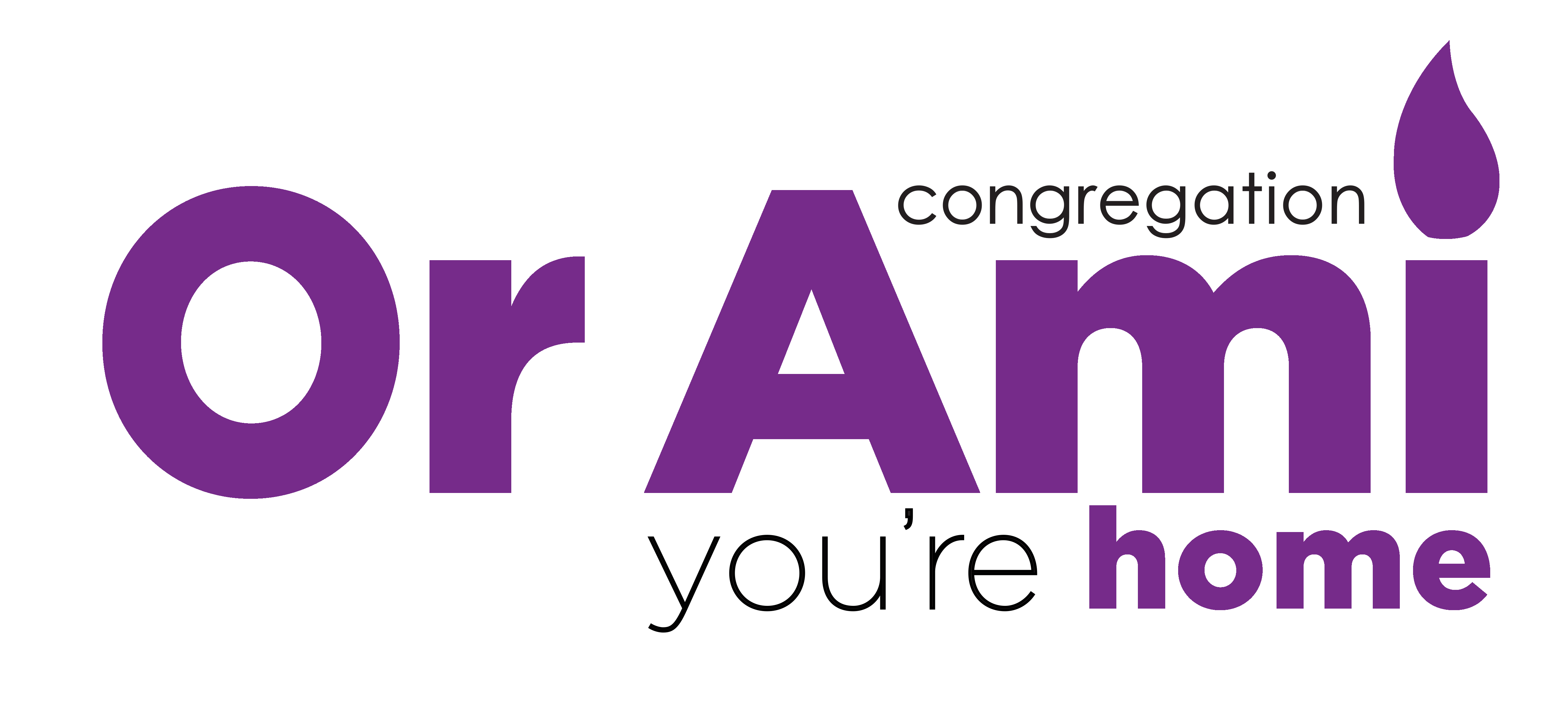An Invitation To Choose Hope
By Rabbi Lana Zilberman Soloway
Close your eyes and imagine a vessel, an object that has a crack in it. What does it look like? What comes to your mind? As I tried to imagine this crack, Leonard Cohen’s song, Anthem, came to my mind:
The birds they sang
At the break of day
Start again
I heard them say
Don’t dwell on what has passed away
Or what is yet to be
Ring the bells that still can ring
Forget your perfect offering
There is a crack, a crack in everything
That’s how the light gets in
Our world is a vessel with numerous cracks.
How can the light get in?
By acts of hope.
Hope is an optimistic state of mind based on an expectation of positive outcomes. While there is a reality on the ground, hope offers a space to imagine the ideal and consider the possibilities of what it would take to get there.
In a collection of essays about hope, Jewish author and activist Rebecca Solnit writes: Hope locates itself in the premise that we don’t know what will happen and that in the spaciousness of uncertainty is room to act… Hope is an embrace of the unknown and the unknowable, an alternative to the certainty of both optimists and pessimists.
Hope is what we hold onto in order to keep us going. But in moments of crisis and devastation, with so much loss, pain and trauma, it is natural to veer into a deep sense of hopelessness. How do we hold onto hope for a better future when all seems bleak? Does being hopeful mean that we don’t also hold onto the tragedy and suffering? How do they sit together? By actively choosing hope.
Hope is different from optimism. Rabbi Jonathan Sacks, of blessed memory, taught that optimism is the belief that the world is changing for the better; hope is the belief that, together, we can make the world better. Optimism is a passive virtue, hope an active one. It needs no courage to be an optimist, but it takes a great deal of courage to hope. No Jew, knowing what we do about history and our own past, can be an optimist. But no Jew, who is a true Jew, can ever give up hope.
Our world is a vessel with many cracks, and our life is a two-sided path. On one side, there is infinite, incomprehensive pain. On the other, hope. I firmly believe that our role, as Jews who live in this day and age, is to wake up in the morning and actively choose hope. Rabbi Israel Salanter, father of the Musar movement in the 19th century said: as long as the candle is burning, there is still time to work and repair.
Choose hope, and be the reason someone believes in good people.
